
By Kizito CUDJOE
The former Minister of Lands and Natural Resources, Inusah Fuseini, has called on parliament to demand the immediate submission of Ghana’s maiden lithium agreement for review and ratification, citing the mineral’s strategic role in the country’s energy transition and economic growth.
Mr. Fuseini said that if government is delaying in presenting the agreement to the legislature, parliament should take the initiative to call for it – adding that the process should also allow citizens to understand the deal’s terms.
Speaking on the side-lines of the Institute of Economic Affairs’ (IEA) seminar on reviewing the country’s natural resources management regime in Accra, the former Tamale Central lawmaker expressed dissatisfaction with the way the agreement was signed by the previous administration.
“The discovery of lithium in this country offered us an important opportunity to move away from the old fiscal regime to a new one, because we are in a green energy transition,” Mr. Fuseini said.
He argued that given the mineral’s importance to the global energy shift, the state should have adopted a service contract model rather than the conventional royalty-based framework used for most mining agreements.
“We could have invited partners with the right expertise to help exploit the resource under conditions that reward their technical input but ensure a greater share of the benefits accrue to Ghana,” he added.
“I was disappointed when it appeared to me that we were still moving along the same path of royalties, taxes, carried interest and all those things which have never actually benefitted this country,” he said.
Touching on the mining industry’s legal and regulatory regime, the former minister observed that the benefits of the country’s natural resources continue to be skewed in favour of foreign investors rather than citizens.
He welcomed the IEA’s platform for a national dialogue to correct what he described as longstanding anomalies in the country’s mining laws and governance structures.
It will be recalled that the government signed its first lithium mining lease in 2023 with Barari DV Ghana Limited, a subsidiary of Atlantic Lithium, to develop the Ewoyaa Lithium project in the Central Region.
However, the agreement was not ratified by Parliament before both the legislature and government were dissolved following the 2024 general elections.
Atlantic Lithium Limited, which is yet to commence operations, continues to meet its tax obligations—paying about GH?19 million last year, according to the company’s General Manager–Operations, Ahmed-Salim Adam.
Mr. Adam expressed optimism that the lithium lease agreement would be ratified by the end of the year, paving the way for the company’s board to review investment decisions and begin construction.
“It will take about 18 to 24 months of construction before production begins,” Mr Adam told journalists recently in Accra, adding that dividend payments would commence at that stage.
He noted that the government holds a 13 percent free-carried interest in the project, with provision for the Minerals Income Investment Fund (MIIF) to participate—an investment decision he expects soon.
According to him, the deal differs from previous mining agreements as it allocates one percent of revenue for community development, with local representatives determining investment priorities.
Mr. Adam also commended the Minister of Lands and Natural Resources, Emmanuel Armah-Kofi Buah, for his leadership and experience in the mining sector.
On market trends, he observed that lithium prices had fallen sharply since the agreement was signed in 2023—from about US$3,000 per tonne to around US$850.
The former Director-General of the Internal Audit Agency (IAA) and Senior Fellow of the IEA, Dr. Eric Oduro Osae, who spoke on the topic ‘The Systems and Types of Benefits from Ghana’s Mineral Resources: Royalties, Rentals, Fees, Taxes, Etc. – Matters Arising’, said the prevailing mining and mineral laws are outdated.
“The assumption of lacking technical and technological capacity made at independence no longer exists,” Dr. Osae noted.
“Continuing to manage our natural resources with these archaic laws only entrenches underdevelopment. We may have achieved political independence, but our economic independence remains incomplete without full control over our resources.”
Among other things, Dr. Osae called for a review of ownership structures in the mining industry to promote local participation, abolition of certain tax incentives and a review of royalty rates to reflect current market realities.
He urged that the country’s mining and minerals law be updated to reduce unnecessary incentives granted to operators.
He also proposed reforms to strengthen environmental regulation and enforcement and called for a comprehensive national strategy to guide long-term development of the mining sector.
Dr. Osae further recommended expanding the Ghana Gold Board (GOLDBOD) mandate to cover large-scale mining operations beyond gold.
“I commend government for establishing GOLDBOD, but their mandate should be extended to other minerals mined by large-scale firms,” he said.
“Ghana’s mining sector has the potential to drive economic growth and development. However, the current balance of benefits and costs is not optimal. A comprehensive review of the sector is necessary to maximise value and promote sustainable development,” he said.
He concluded that a complete overhaul of Ghana’s natural resource management system, beginning with the mining sector, is long overdue to ensure the country reaps full benefits from its mineral wealth.
The post Former minister urges parliament to demand submission of lithium deal for review appeared first on The Business & Financial Times.
Read Full Story
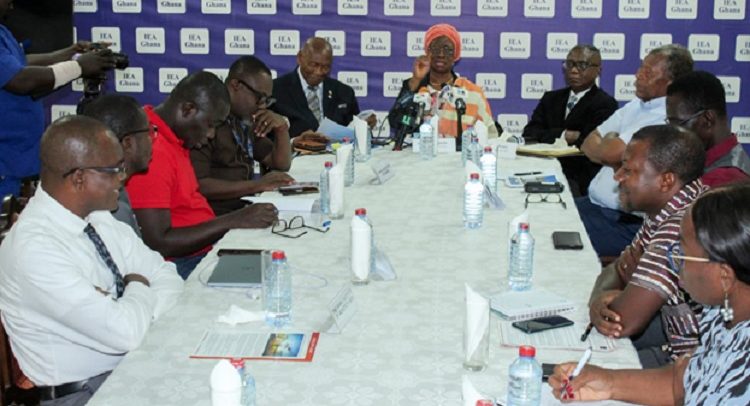
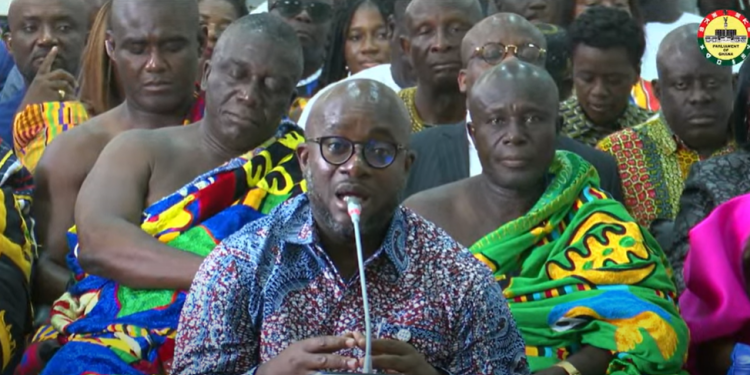
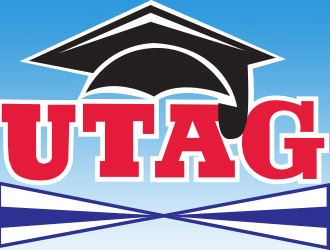
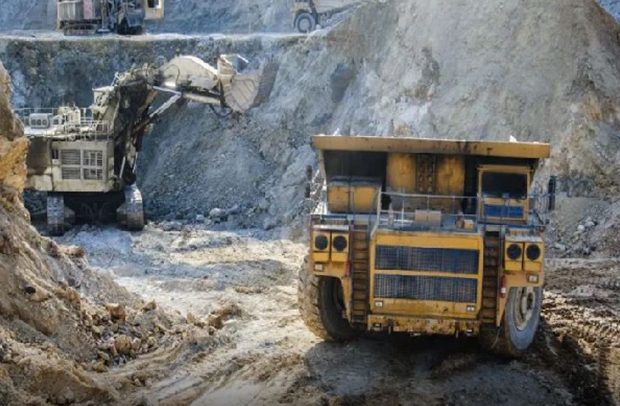









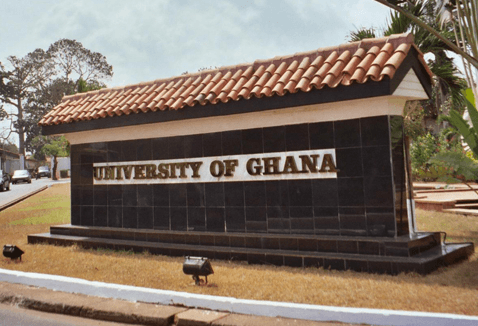






Facebook
Twitter
Pinterest
Instagram
Google+
YouTube
LinkedIn
RSS